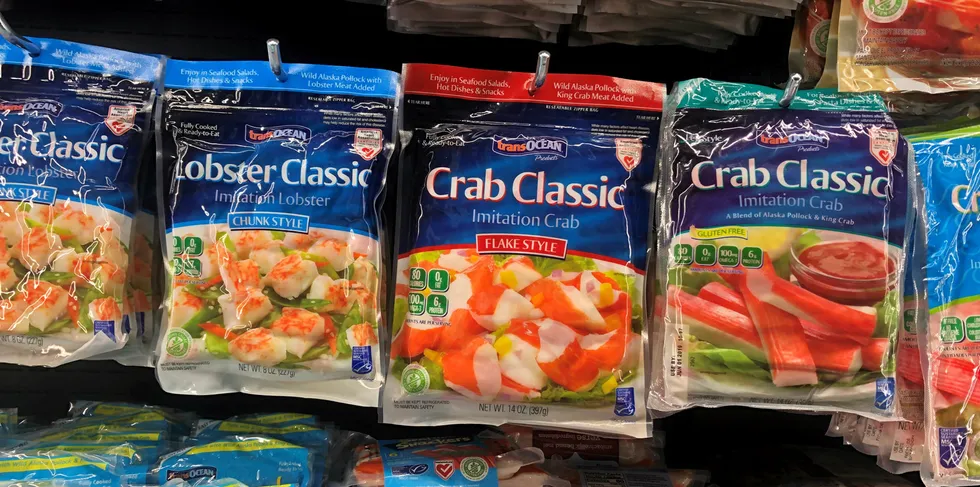Is it time to toss out 'imitation crab'? Surimi may fare better in the US market being called by its true name, survey shows
While 76% percent of consumers surveyed have a "good" opinion regarding the term surimi seafood, just 58 percent share that opinion for product identified as "imitation crab."
